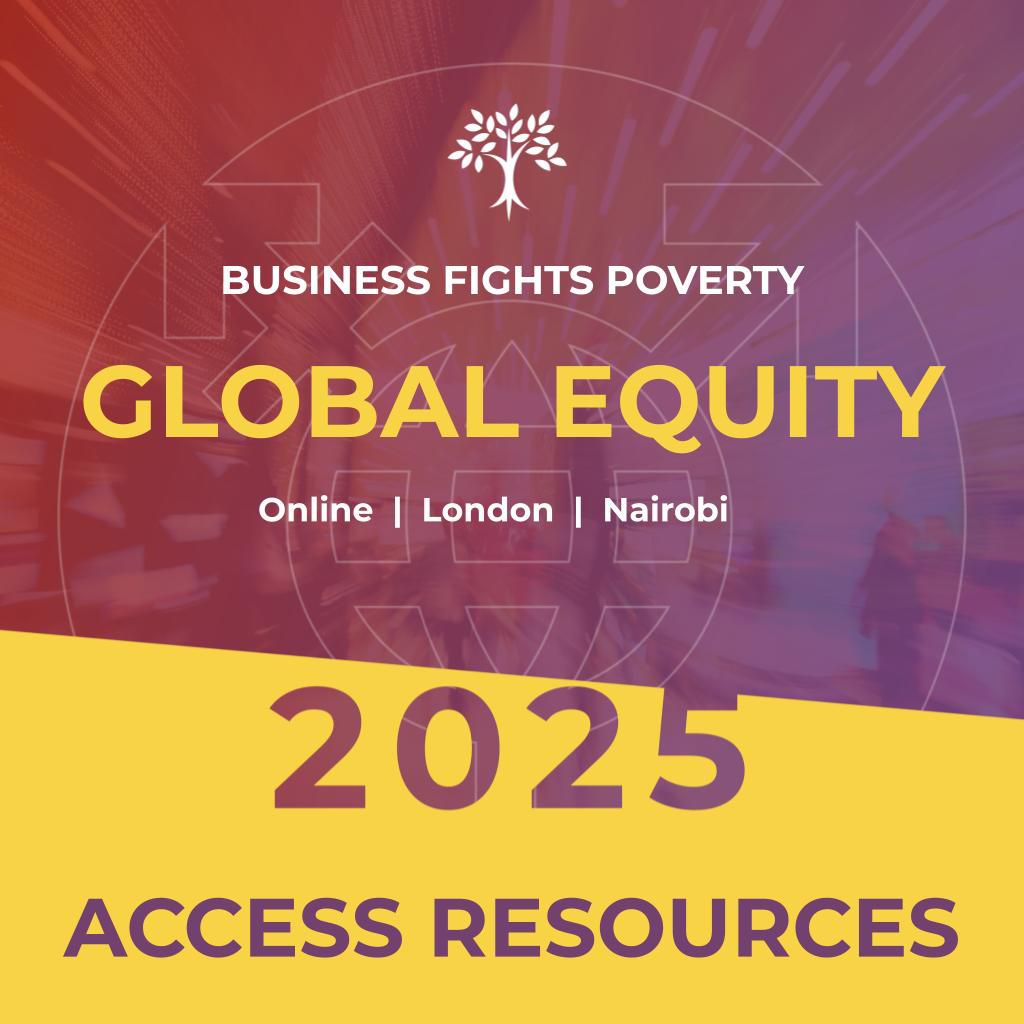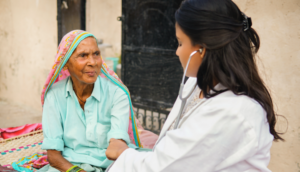“I regard universal health coverage as the single most powerful concept that public health has to offer. It is inclusive. It unifies services and delivers them in a comprehensive and integrated way, based on primary health care.” — Dr Margaret Chan, Director-General, World Health Organization (WHO)
Nigeria’s health care system is weak, ranking a dismal 187 out of 194 WHO member countries. The vast majority of 170 million Nigerians have no access to affordable and quality health care. Most must pay out of their own pocket for basic health care of doubtful quality. In Nigeria, therefore, the goal of universal health coverage (UHC) envisioned by the United Nations General Assembly on December 12, 2012 remains an unreachable dream.
One of the most devastating consequences of this lack of access to basic health care is high mortality and morbidity for mothers and infants. In Nigeria, as in many other parts of Africa, women are literally dying to have babies and many newborns will not reach their first birthdays. This profound tragedy impacts hundreds of millions of people and undermines the future of the entire continent.
A key underlying driver of this sorry state of affairs is the lack of financial resources when and where it is needed most – at the point of care.
Community Health Insurance Model
To bridge the critical gap in African health systems, governments need to create the conditions for UHC. I have the evidence of how a UHC model works successfully, providing access to tens of thousands of people who previously had no access at all to even the most basic health care. It is found in Port Harcourt, Nigeria, where my former employer, Shell Petroleum Development Company (SPDC), worked with the local community and the government of Rivers State to create the Obio Community Health Insurance Scheme. The goal was to provide quality care to people who would otherwise not be able to afford it. The Obio project took off in 2010 and recently celebrated its fifth anniversary.
The Strategy
The Obio Community Health Insurance program is a product of partnership of state government, SPDC and the community at the center playing a key role in identifying the most important health needs through a community development board.
Based on the community needs assessment and actuarial studies, the partners agreed an annual premium of N7,200 [U.S. $36] per participant. Every enrolled member receives access to essential primary and secondary health care — with special focus on the needs of mothers and their children. It is an insurance package which covers more than 95 percent of community health care needs, including emergency obstetrics.
The partners competitively selected three health maintenance organizations to market the scheme and underwrite the risk. To manage the client enrollment and claims, we developed a cloud-based software – the Community Health Insurance Enrollment and Authentication System (CHI-EASY), with authentication being done through finger prints.
The location chosen to deliver the actual care was the centrally located Obio Cottage Hospital, a hospital so small it would fit on a third of a football pitch. To bring the hospital up to the required standard, SPDC funded upgrades in facility infrastructure, utility and equipment. We helped set up departments for Client Relations and Quality/Safety. A transparent and easy-to-verify performance-based financing (PBF) scheme increases staff “ownership” and promotes the right behaviours. Obio funds the scheme from its own budget.
Together, we fostered a business atmosphere that supports innovation and culture of service, with zero tolerance for corruption. As a result, Obio attracts and retains highly professional and motivated staff. The staff number has increased steadily from 4 to 156, including 18 volunteers.
Today, the Obio Cottage Hospital serves as a one-stop health shop with the capacity to provide high quality routine and complex maternal and child health services.
The Results
Soon after take-off, the scheme recorded an unprecedented and exponential increase in utilization in all the service areas. For example, the average monthly outpatient attendance jumped from 644 per month in 2010 to 3,754 in 2012 — and 27,798 by 2015. Monthly antenatal attendance also rose to an average of 2,272 from the 181 in 2010. The number of hospital baby deliveries now hover around 335 each month, compared with 14 deliveries before the scheme.
Multiple deliveries are now common and routine. During the first half of 2015, Obio has had 29 multiple deliveries: one set of quadruplets, one set of triplets and 27 sets of twins, all delivered hale and hearty.
Surgical Caesareans and other complicated deliveries have become routine procedures. Maternal and infant mortality rates have dropped several notches below the regional and national average and now compare with the best in the world. In total, nearly 12,000 babies were safely delivered at Obio from program inception to date.
Equally important, people’s health-seeking behaviors changed for the better. For instance, virtually all the pregnant women attending antenatal clinics accept HIV counseling and testing. HIV-positive expectant mothers enroll into the hospital’s Prevention of Mother to Child Transmission program. To date, no baby born at Obio has tested positive for HIV, a feat that has drawn attention to Obio in conferences and journals.
A recent increase in the insurance premium from N7,200 to N10,000 ($50) has not affected enrollment figures. Today, five years after the scheme was launched, more than 45,000 people have benefited. The yearly program evaluation reveals that client satisfaction is high and that the scheme is adding tremendous value to people’s lives. Some 99 percent of the clients surveyed say they would recommend the scheme to others.
Obio also shows that Nigerians are willing pay for quality service. In Obio, 30 percent of revenue comes from the 70 percent of the hospital’s patients who are enrolled as CHIS members, while the remaining 70 percent of the income comes from relatively wealthy patients paying out-of-pocket fees for services. These are the economics. In terms of care, all patients are equal.
The Obio Cottage Hospital has sufficient managerial, technical and financial muscle to run a successful, quality assured and safe health care service. It can manage small- to medium-capital infrastructure projects. Obio is also providing crucial technical, managerial, and in some cases, financial support to sister facilities and communities that have adopted the model.
Time to Step Up
The Obio model has been endorsed by the World Health Organisation and other key organizations, as well as independent experts, politicians and our own patients. As one patient says:
“This scheme has wiped away our tears.” All over Africa, many tears are still flowing that we could wipe away with the right policies and incentives. It is high time we brought universal health care to Nigeria and Africa. It is time for governments to step up and show they really care about health care. Corporate organizations like my former employer can offer support, but governments will be key. If we want our people to thrive, we have to start with the basics: keep them healthy.
Video: 3 minute version of the film
View the CNBC Africa broadcast on CNBCAFRICA for more info.










